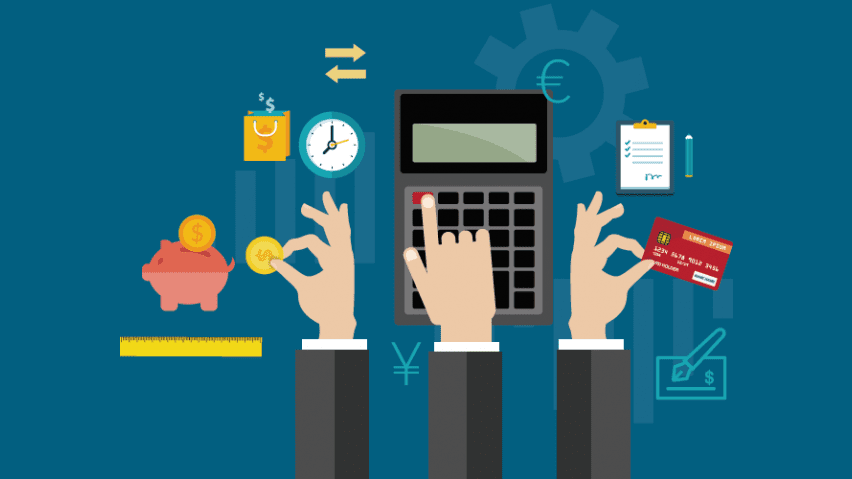
Reducing expenses is a simple practice that can have a positive impact on your personal finances. Although it often seems like a challenge, small adjustments in your daily habits can help you save more than you imagine. The important thing is to identify areas of unnecessary spending and set clear goals to maintain effective control of your finances.
The first step to reducing expenses is to analyze your income and expenses. Keeping a detailed record of your finances will allow you to identify consumption patterns and detect possible money leaks. Tools such as budgeting applications or a simple spreadsheet can be your allies to visualize your expenses and organize your priorities.

One of the most effective ways to save money is by eliminating “ant expenses,” such as daily coffees, meals out or impulse purchases. These small outlays, though seemingly insignificant, add up over time and can represent a significant portion of your income. Changing these habits for more economical alternatives, such as preparing food at home or carrying a thermos of coffee, can make a big difference.
In addition, renegotiating your basic services such as internet, electricity or insurance can also significantly reduce your monthly costs. Many companies offer loyalty discounts or bundle promotions, so it is advisable to research and compare options. It is also useful to question subscriptions or memberships that you don’t use often.

Setting short- and long-term savings goals will motivate you to stay focused. Creating an emergency fund or saving for a specific project not only improves your financial stability, but also gives you peace of mind. Reducing expenses does not mean depriving yourself of everything, but learning to prioritize what really matters and making the most of your resources.







